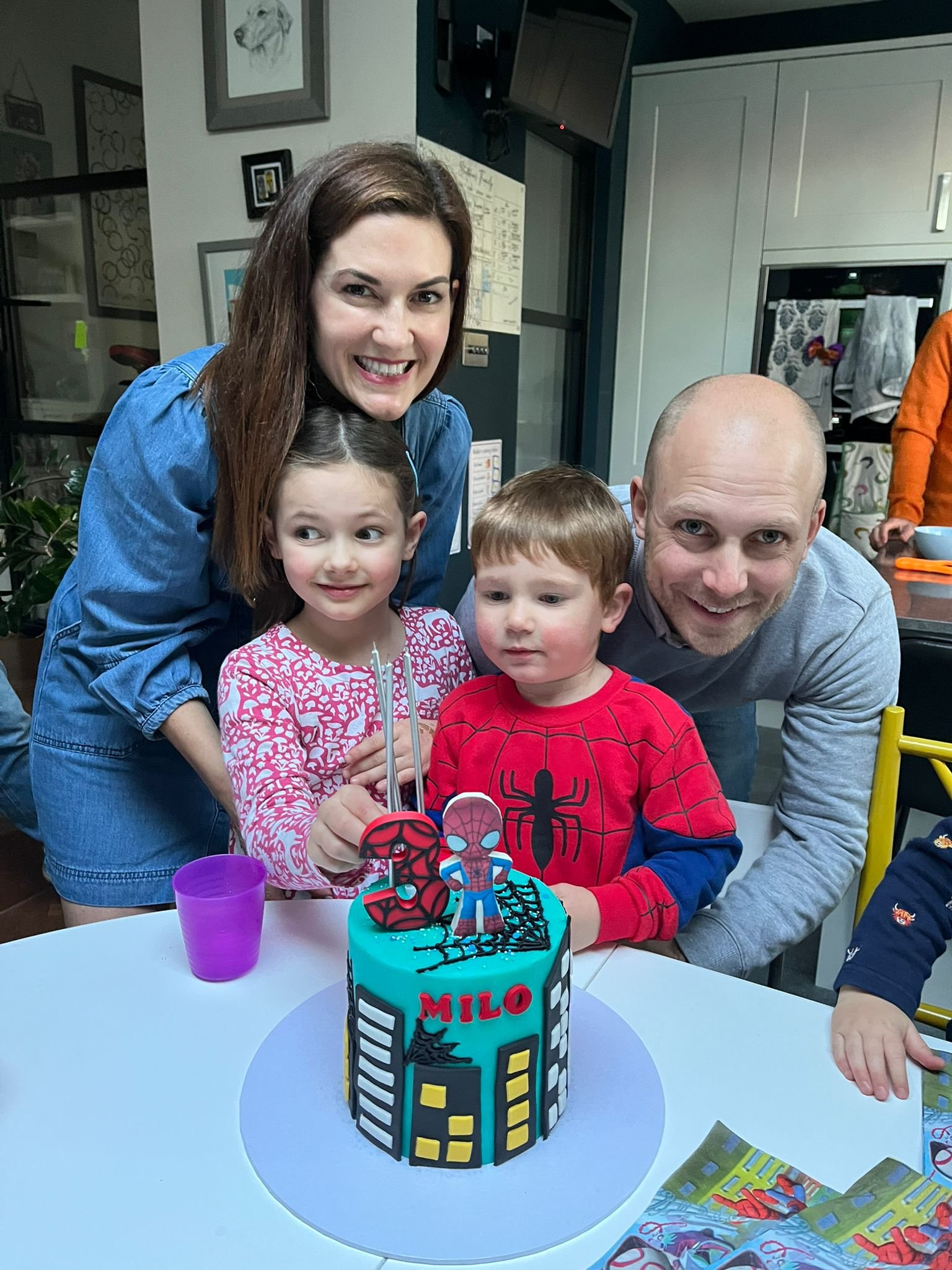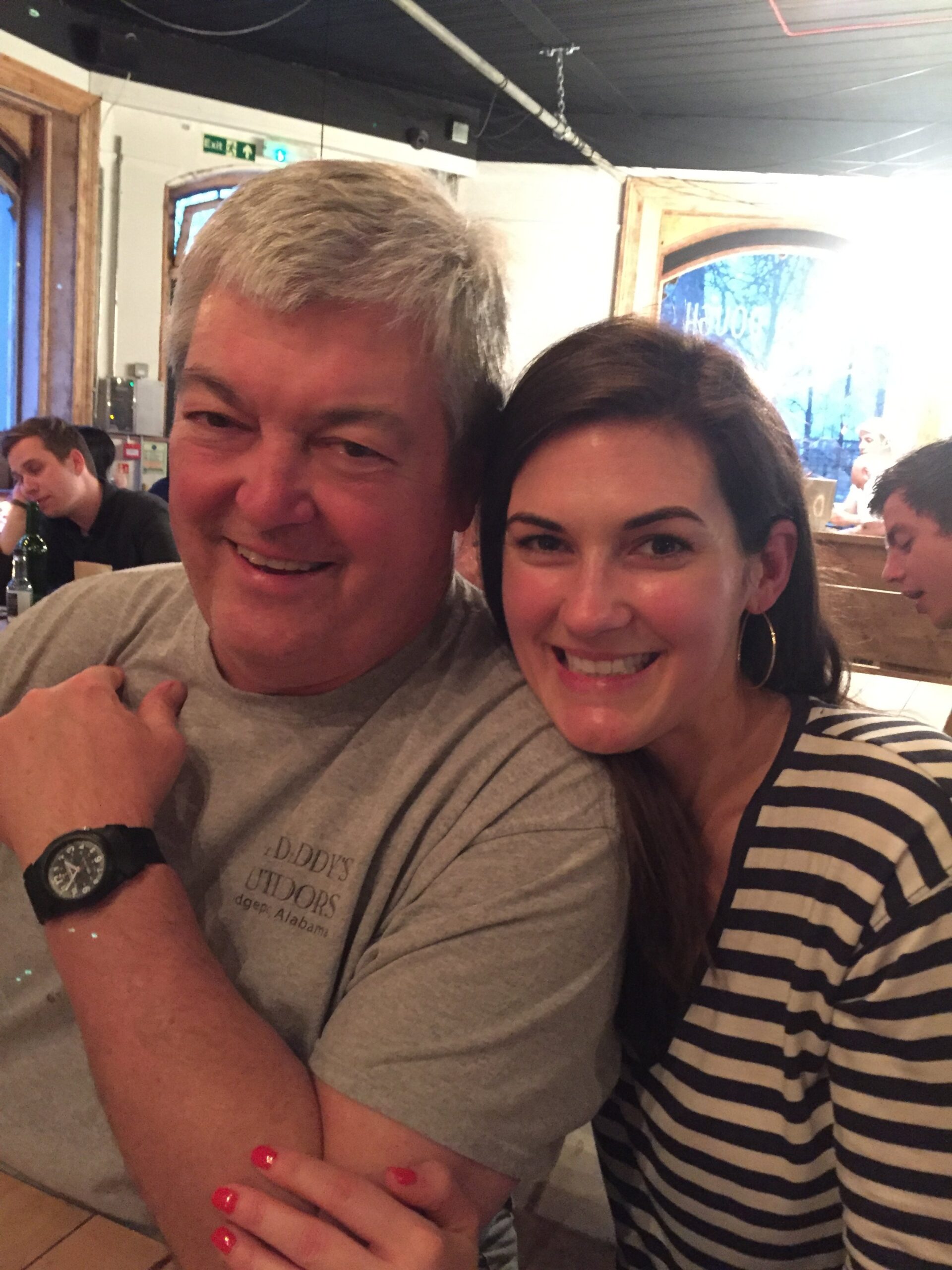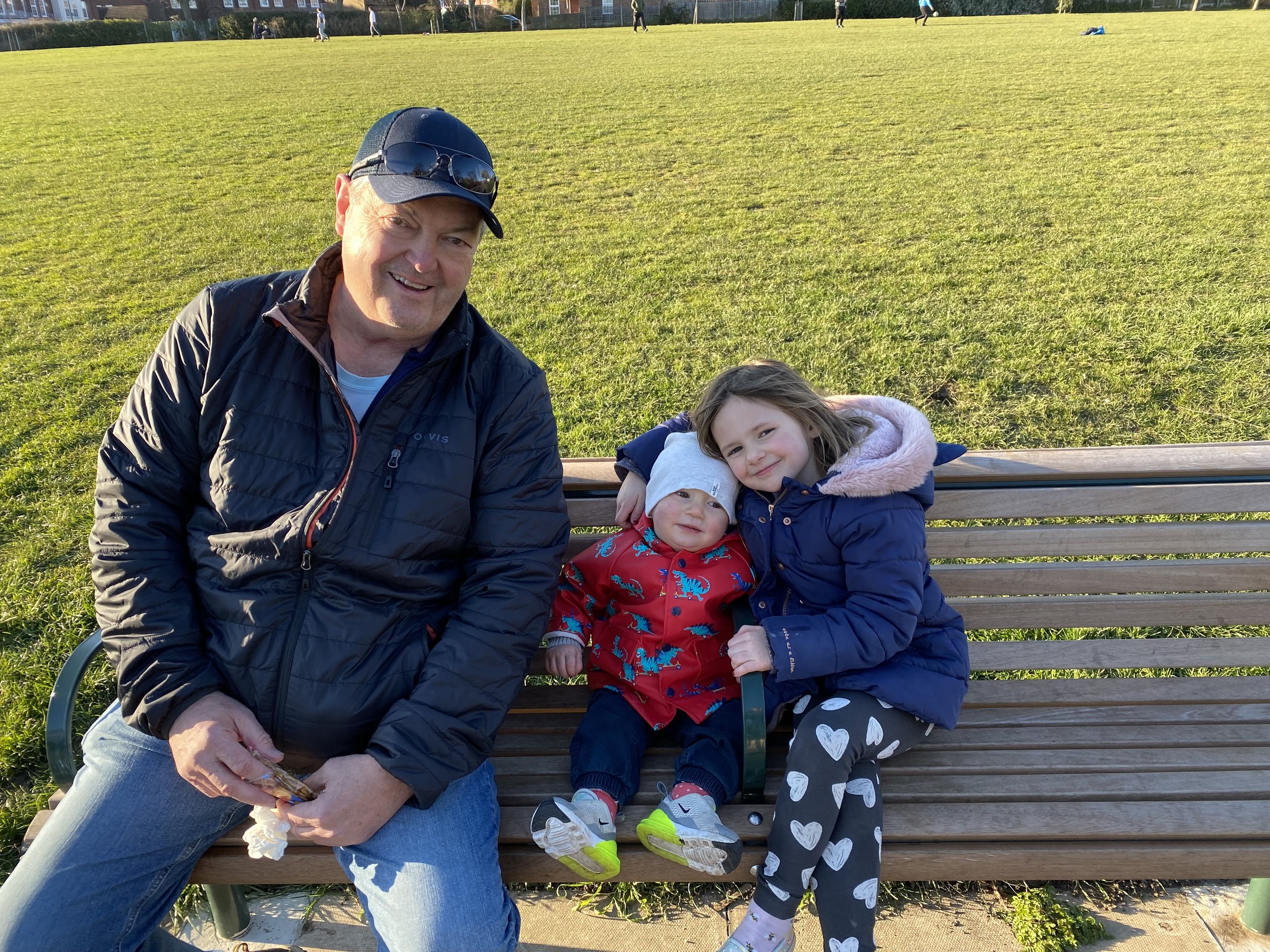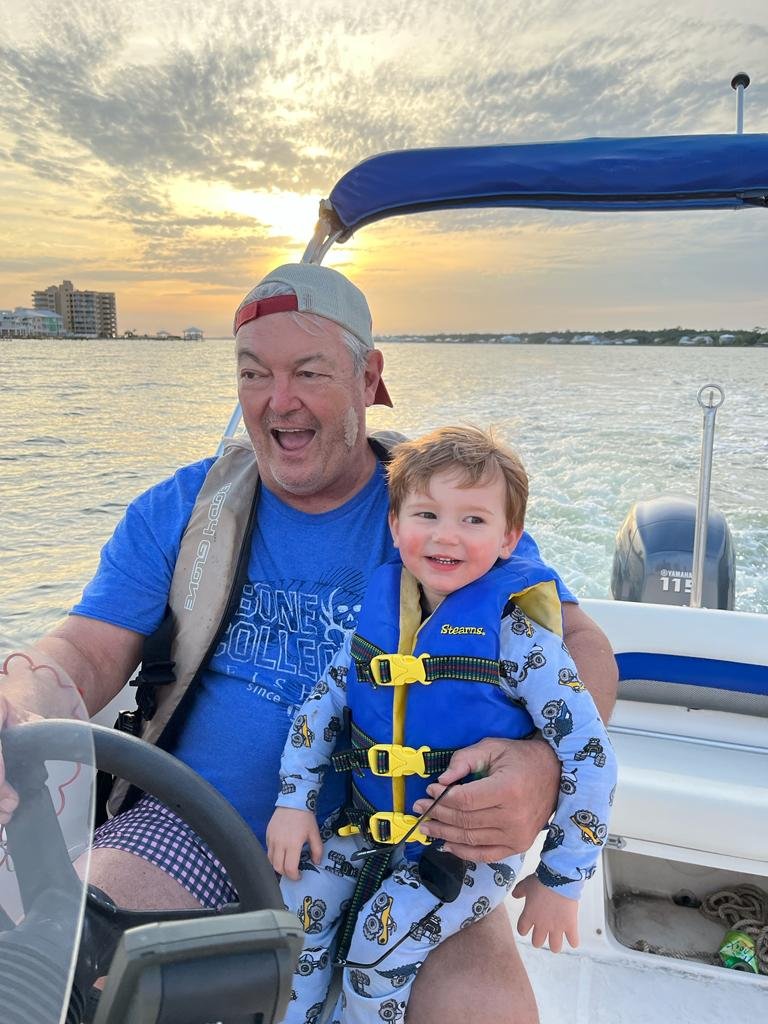This is a phrase that has taken me 10 years to truly understand and to practice. You may recognize this as a core component of codependency recovery or you’ve been to Al-Anon. Maybe both. I am the latter.
My father is a high-functioning alcoholic. I don’t know his full story, probably never will. But this isn’t about him, this is about me. My lived experience is that he has struggled with addiction for all of my life. It wasn’t until my twenties that I began to recognize my earlier traumas creeping in to my adult life. I was aware that behaviors I was exhibiting were not my desired behaviors. I found myself in relationships I didn’t want to be in, in a life that didn’t match my beliefs. I was people-pleasing even if it compromised my own needs.
I met my first therapist at 23. It was scary. It felt unnatural. I felt lost. Surely it was easier to do what was expected of me. I stopped going.
I met my second therapist at 25. This was hard, we dug deep. I actually made her cry. This was the beginning of my journey. A journey towards finding myself, towards healing, towards forgiveness. I left a relationship. Moved countries. Followed my dreams.
I was 27 when I attended my first Al-Anon meeting. This was my first introduction to this idea of “detachment.” I felt seen and supported by this community of strangers but I still felt obligation. I still felt shame for my fathers behavior. I still felt this need for approval, need to apologize, need for validation.
I was 35 when I returned to Al-Anon. I had my own family now and we’d returned from a particularly difficult family visit. While I’d been able to physically detach (by a distance of 4,000+ miles) I hadn’t emotionally separated.
I was 36 when I cried in a coffee shop. And for the 15 minute walk home to my house. My father was arriving soon. I feared being neglected as a child and was anxious of my own children’s experience. It was that day I decided to truly practice detaching. I would set boundaries to protect my family. I would remove expectations of my father’s behavior or involvement- how could I be hurt or disappointed without them?
It was the best visit in 10 years. I didn’t feel a hole inside myself on his departure. I wasn’t left questioning my self-worth. I didn’t count the manipulative comments. My husband was less anxious and didn’t need to protect or worry about my emotional stability. My children held hands, laughed and read books with their “Big.” I felt…peace.
I love my father. I do not love his disease or the behaviors associated with it. But I can still love him. And so can my children.
“Detachment is neither kind nor unkind. It does not imply judgment or condemnation.” Detachment brought me freedom. Detachment brought me peace.




